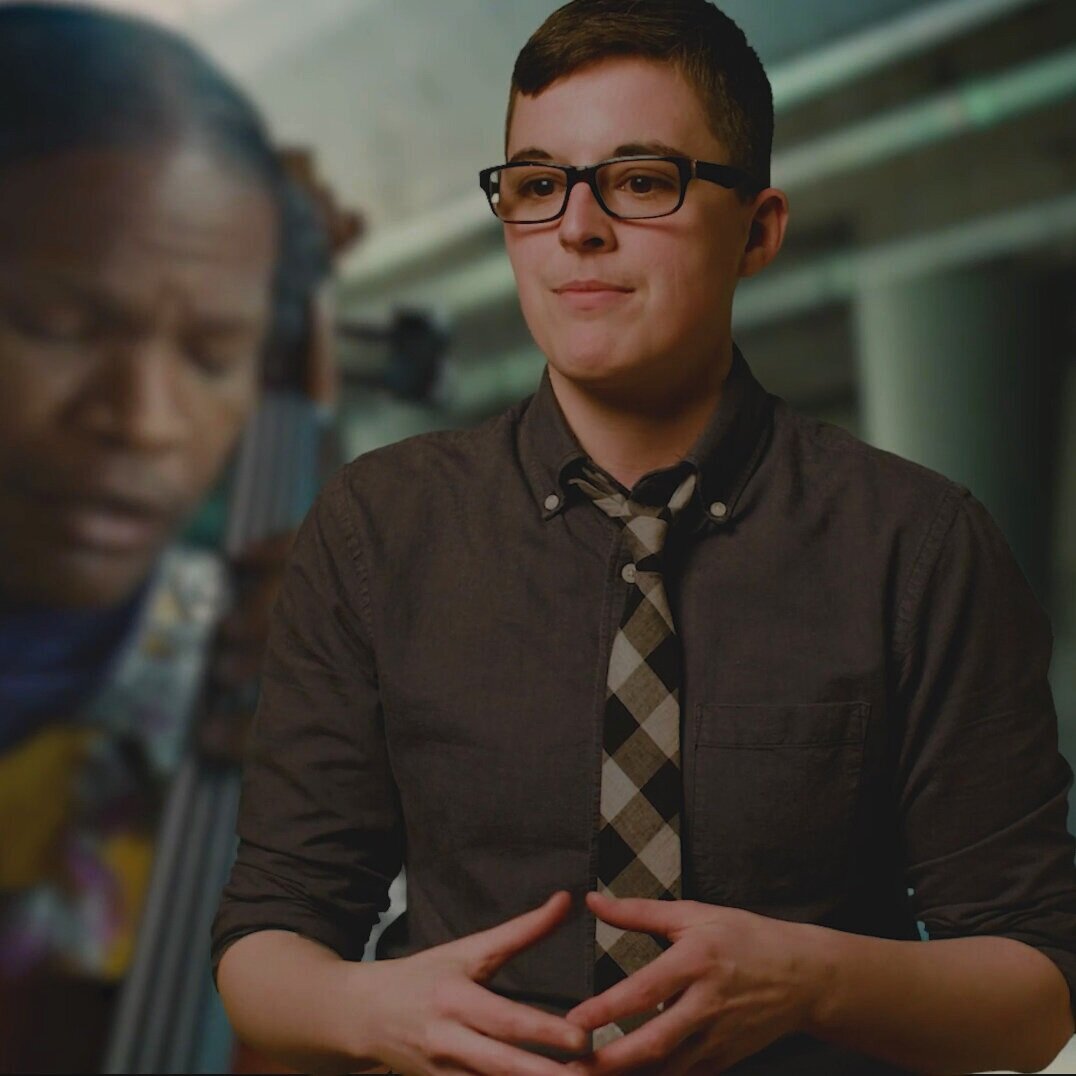Code of the Freaks, a feature-length documentary, is a radical reframing of the use of disabled characters in film. From The Fake Beggar (1895), Of Mice and Men (1939) and Whatever Happened to Baby Jane (1962) to more contemporary films like Million Dollar Baby, Forrest Gump, Avatar, Fences and Me Before You, Hollywood continues to crank out all the old disability clichés and hollow inspirational narratives – what disability activists call “inspiration porn” – that have served so well for more than a century. Code of the Freaks (the title is a line from Tod Browning’s 1932 classic Freaks) counters these formulaic entertainments with a powerful corrective: it dares to imagine a cinematic landscape that takes disabled people seriously.
Code of the Freaks is well timed to intervene in an emerging international conversation about inclusion and representation. Social media has elevated the disability community’s critique of Hollywood’s casting decisions and the exclusion of disabled people from the film industry. John Krasinski’s insistence on casting a Deaf actor in A Quiet Place (2018) shows that some in the industry have begun to take heed. Code of the Freaks offers audiences a visual and narrative example of what it means to center the voices of disabled people, and shifts the conversation from the largely superficial issue of casting to the stories themselves.
The 13 unprecedented voices and perspectives featured in Code of the Freaks include actor, writer, performance artist and musician Mat Fraser, best known for his role in American Horror Story; Lawrence Carter-Long, host of Turner Classics Presents - The Projected Image: A History of Disability in Film; painter Riva Lehrer, whose memoir, Golem Girl, will be released in October 2020; Susan Nussbaum, author of the award-winning novel Good Kings/Bad Kings; and writer Mike Ervin, whose blog Smart Ass Cripple was once dubbed by the late film critic Roger Ebert “some of the fiercest and most useful satire on the web.”
Stay Up to Date
For up-to-date information on upcoming screenings, related events, and important content, “like” our page on Facebook.


























